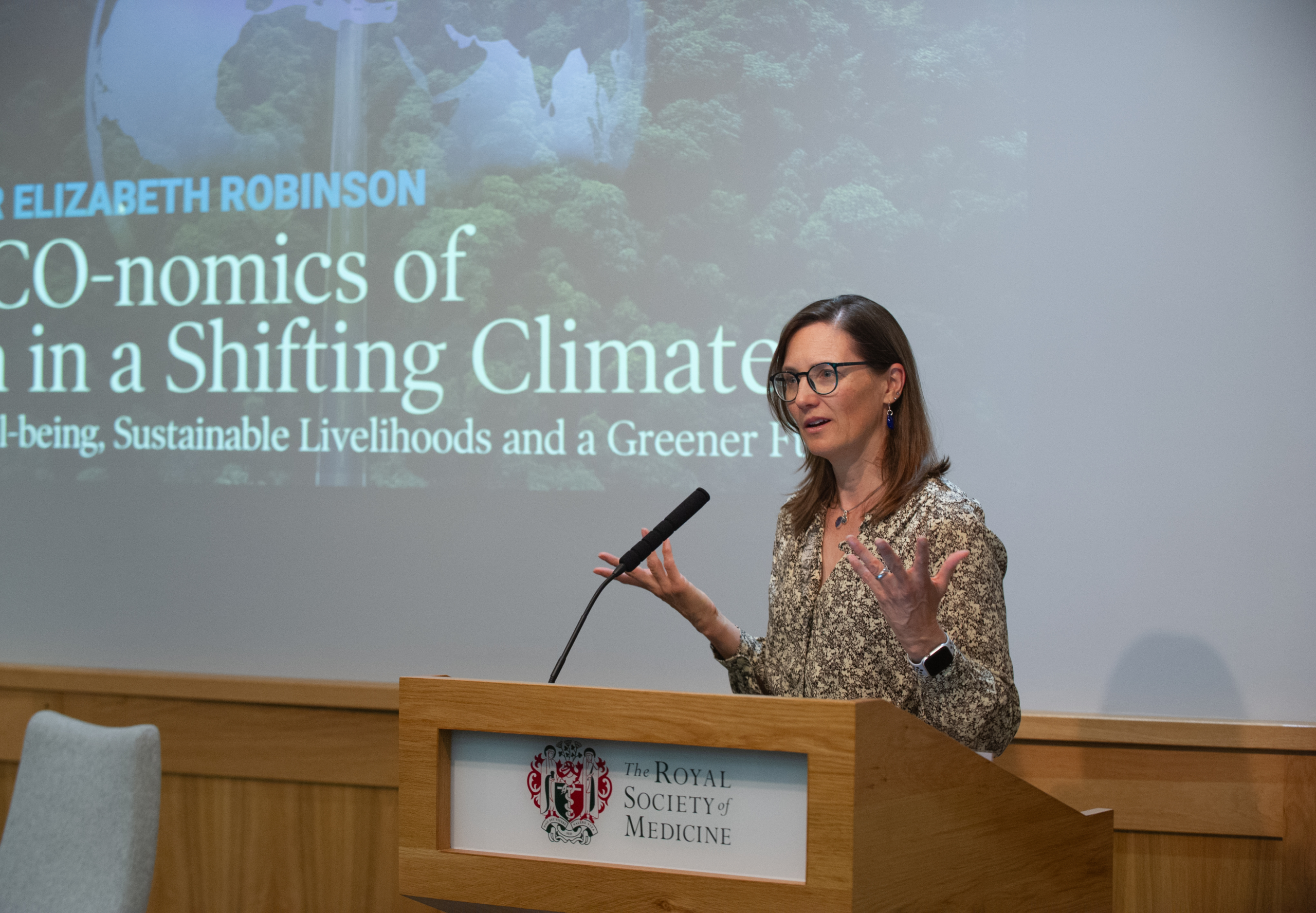Sign up to our newsletter Subscribe
Analysing Global Immunisation Expenditure

Sign up to our newsletter Subscribe


As part of OHE’s presence at ISPOR 2022 in Washington DC, we hosted an issue panel tackling the hot topic of health technology assessment (HTA) of gene therapies. As part of OHE’s presence at ISPOR 2022 in Washington DC, we…

As part of OHE’s presence at ISPOR 2022 in Washington DC, we hosted an issue panel tackling the hot topic of health technology assessment (HTA) of gene therapies.
As part of OHE’s presence at ISPOR 2022 in Washington DC, we hosted an issue panel tackling the hot topic of health technology assessment (HTA) of gene therapies. It’s broadly accepted that gene therapies have the potential to transform lives and provide further benefits for society and the health system. The development of these therapies presents a new combination of challenges and many of the factors driving their value to patients and society are also of a different nature to those benefits arising from conventional treatments. In addition, gene therapies are often indicated for rare diseases and as such, they face the same challenges as other orphan medicines. The aim of the panel was to discuss how HTA should evolve to enable the potential opportunities associated with gene therapies to be realised.
Director Emeritus of OHE, Adrian Towse, moderated the session, in which three different perspectives were presented: academic health economist, patient and industry. Adrian began the session by summarising the literature on the challenges faced by gene therapies under assessment. The main categories of challenges identified were: the initial assessment of clinical effectiveness, assessment of costs, uncertainty regarding long-term outcomes and incorporating additional elements of value. He also presented a summary of recommendations for HTA method change that would help overcome these barriers, which were developed through an expert roundtable project, sponsored by Pfizer, soon to be published as an OHE Consulting Report.
Louis Garrison (Professor Emeritus at the CHOICE Institute, University of Washington) then presented his view on the issue as an academic health economist. He described the core issue to be the “one-time” nature of many gene therapy treatments, which accrue potentially very large (but also uncertain) health gains over many years. This makes it difficult to establish the value of the product at launch. Louis primarily discussed whether the current HTA landscape provides an appropriate reward and therefore incentive for innovation, and how that reward should optimally be determined. He concluded that our current methods offer a good starting point but suggested that we need to expand the concept and measurement of value to reflect the impact of uncertainty – and its reduction – on value. He also raised the point that we should recognize that real-world evidence has a different role before and after launch.
Next up, Mark Skinner (President and CEO of the Institute of Policy Advancement) also discussed the role of real-world evidence from a patient’s perspective, applying his experience of haemophilia. One of his key points was about ensuring that the data generated extends beyond clinical status and contains information that is relevant to patients. He cited a report by the Institute for Clinical and Economic Review (ICER) in the US, reviewing emicizumab for haemophilia A, in which they describe the need to be aware of “important benefits and contextual considerations that are not typically captured in cost-effectiveness analysis”. As mentioned in the figure above, incorporating additional value elements may be required to capture the full potential of gene therapies, such as spillover effects on family members, carers and society. Mark called for the inclusion of the patient perspective throughout the process of gene therapy development, suggesting that this would improve the shared decision-making process.
Finally, Patricia Dorling (Senior Director at Pfizer) took us through the challenges with an industry lens. She highlighted challenges in clinical research for rare diseases as well as HTA. Patricia drew attention to the fact that gene therapies are innovative treatments with potential curative benefits, and that current value frameworks are not likely to capture their full value. Using betibeglogene autotemcel (a gene therapy for transfusion dependent thalassemia) as a case study, she was able to provide evidence of the challenges faced during HTA in a selection of countries whilst also demonstrating different reimbursement outcomes based on different approaches to evaluating gene therapies.
Adrian brought the session to a close by asking the panellists to share their main takeaways from the session. In Louis Garrison’s closing remarks, he argued that there is market failure in terms of collection of real-world evidence post-launch, as it is unclear who should bear this cost: the result is that data is undersupplied. This issue is particularly exacerbated in the case of rare diseases. Mark Skinner emphasised the need for early alignment between all stakeholders, ensuring that patient-important outcomes are captured. Patricia Dorling added that clinical trials are often designed to generate the data required to gain regulatory approval and that requests for more data at the HTA phase pose a big challenge for industry, especially in rare diseases where the number of patients is very small.
In his own closing remarks, Adrian identified two common themes across all panellists. The first common theme was an acknowledgement that it won’t always be possible to obtain the data needed from randomised controlled trials, and the need to collect further observational data. Secondly, there was a consensus amongst the experts that there is a need to incorporate additional value elements.
An error has occurred, please try again later.
This website uses cookies so that we can provide you with the best user experience possible. Cookie information is stored in your browser and performs functions such as recognising you when you return to our website and helping our team to understand which sections of the website you find most interesting and useful.
Strictly Necessary Cookie should be enabled at all times so that we can save your preferences for cookie settings.
If you disable this cookie, we will not be able to save your preferences. This means that every time you visit this website you will need to enable or disable cookies again.
This website uses Google Analytics to collect anonymous information such as the number of visitors to the site, and the most popular pages.
Keeping this cookie enabled helps us to improve our website.
Please enable Strictly Necessary Cookies first so that we can save your preferences!



